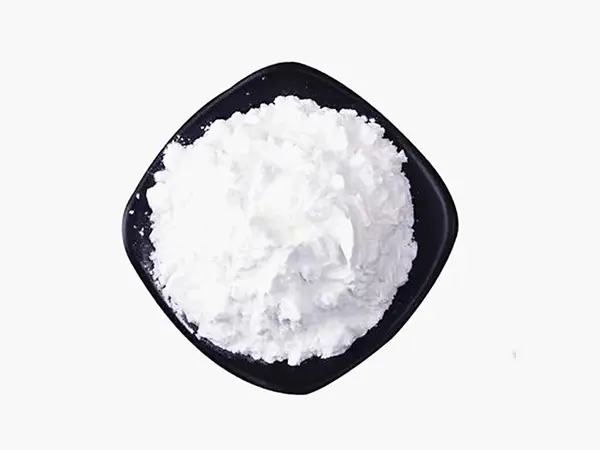Introduce:
Demand for organic products has skyrocketed in recent years as people prioritize natural, healthier options in their daily lives. At the same time, concerns have arisen about the use of titanium dioxide in consumer products, questioning its safety and impact on our well-being. As consumers become increasingly aware of the ingredients used in their favorite brands, it’s crucial to delve deeper into the debate around organic alternatives and titanium dioxide. By exploring the benefits and limitations of each product, we can make informed choices about the products we take home.
The role of titanium dioxide:
Titanium dioxide is a widely used pigment and whitening agent found in a variety of everyday products, including cosmetics, toothpaste, sunscreen and food. It is known for its ability to reflect and scatter light, giving products a brighter, more attractive appearance. However, concerns have arisen about its potential adverse health effects, mainly related to its nanoparticle form.
Safety of organic products:
Titanium dioxide organic products, on the other hand, are derived from natural sources and do not use synthetic chemicals or genetically modified organisms. These products are designed to provide a healthier alternative that is gentle on our bodies and the environment. Choosing organic consumer products ensures that potentially harmful ingredients like titanium dioxide are avoided and supports sustainable farming practices.
Benefits of organic products:
1. Health and safety: Organic products prioritize the use of natural ingredients, allowing users to minimize their exposure to chemicals and potential allergens. This is especially important for people with sensitive skin or environmental allergies.
2. Eco-friendly: Organic farming practices help prevent soil erosion, conserve water, and promote biodiversity by avoiding the use of synthetic pesticides and fertilizers. This helps protect our ecosystems and reduces the risk of water and air pollution.
3. Ethical and sustainable: Organic products are often produced by companies committed to fair trade practices and supporting local communities and farmers. By purchasing organic food, consumers help promote sustainable livelihoods and minimize labor exploitation.
Resolve disputes:
While the push for organic alternatives is justified, it’s worth noting that not all products can be entirely organic. For example, some personal care products, such as sunscreen, require specific ingredients, including titanium dioxide, to be effective in protecting against harmful sun exposure.
The role of supervision:
Governments and health organizations play an important role in regulating and monitoring consumer products to ensure safety. Regulations regarding the use of titanium dioxide nanoparticles vary from country to country, so consumers must understand local safety standards and choose products that meet these guidelines.
In conclusion:
The debate surrounding organic products and titanium dioxide continues to evolve as consumer awareness increases. It is crucial for individuals to understand the advantages and limitations of both options in order to make informed choices about the products to integrate into their daily lives. While organic products offer many health, sustainability and ethical advantages, it is important to recognize that not all products can be purely organic due to specific functionality. By staying informed about regulations and prioritizing labeling transparency, we can navigate this controversy and make choices that are consistent with our values and overall well-being.
Post time: Nov-29-2023


